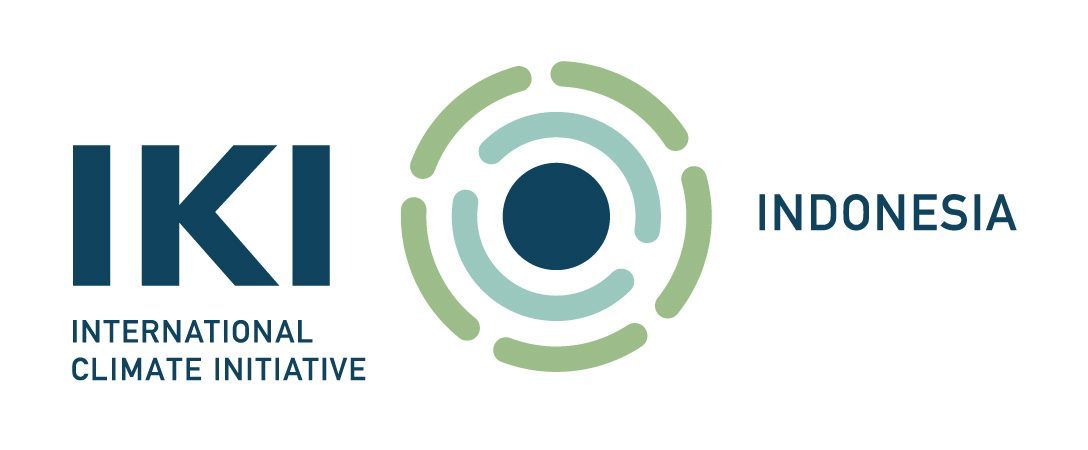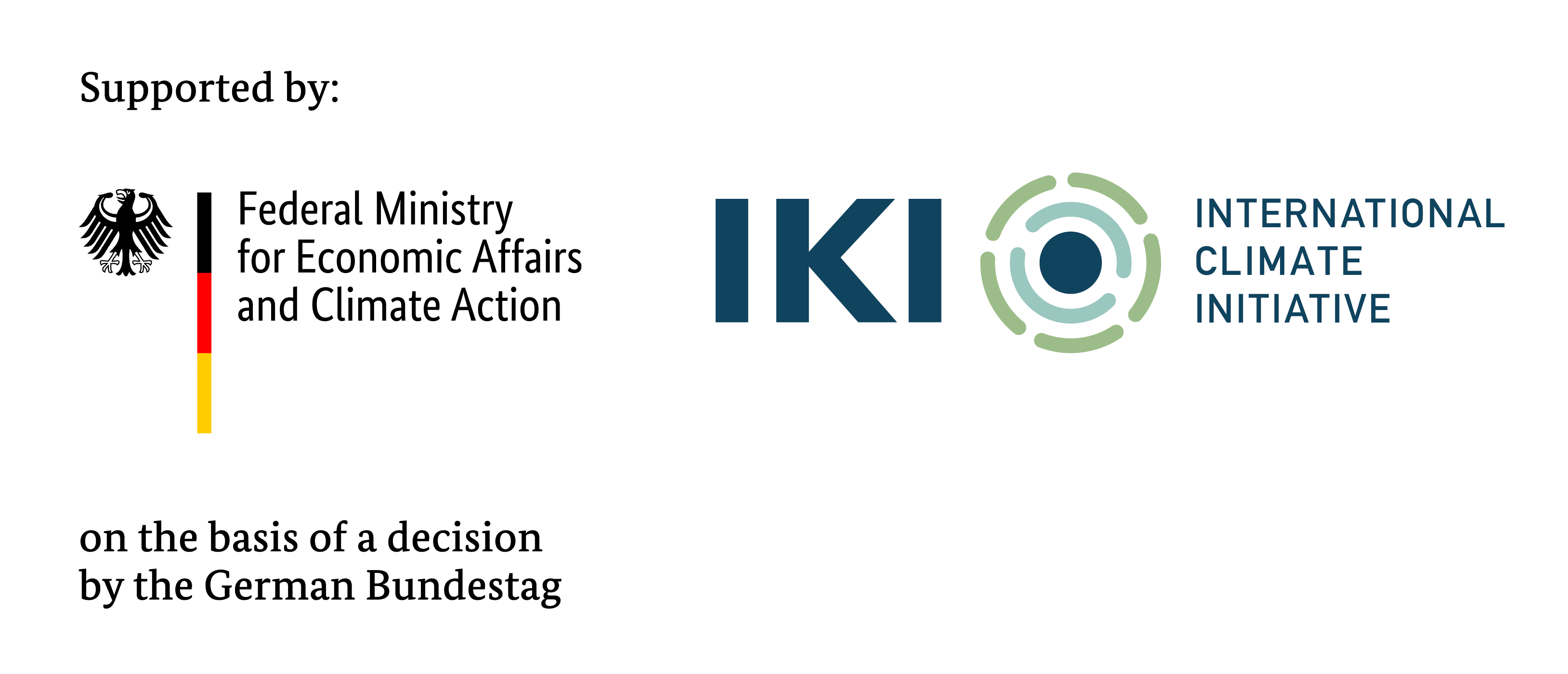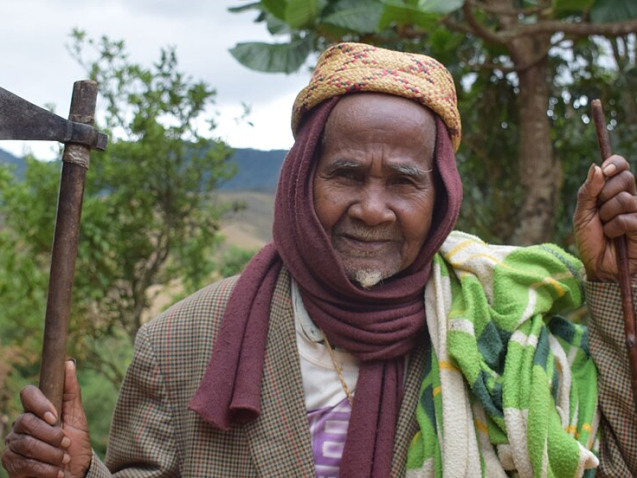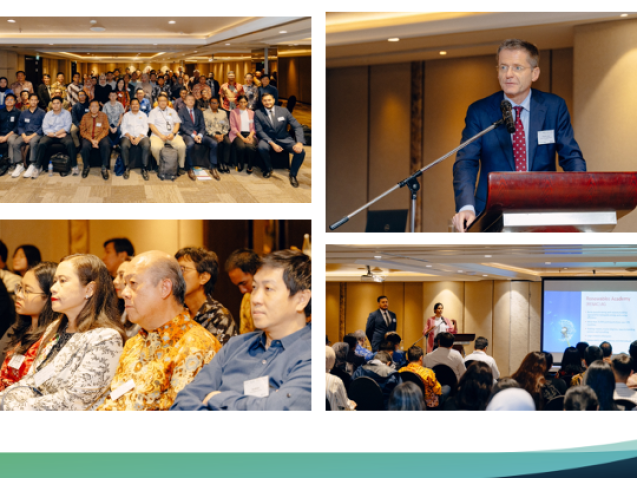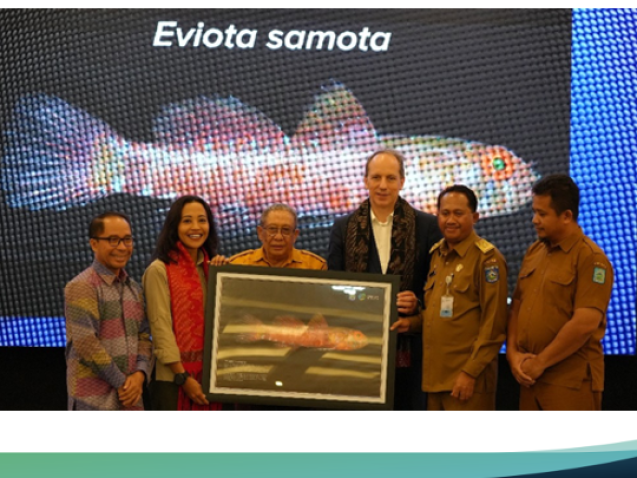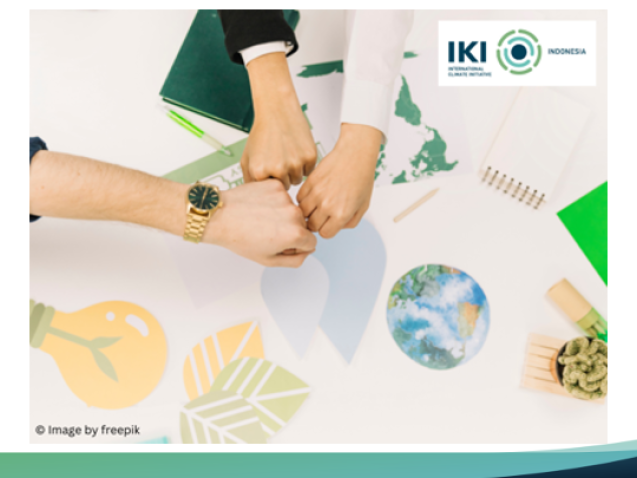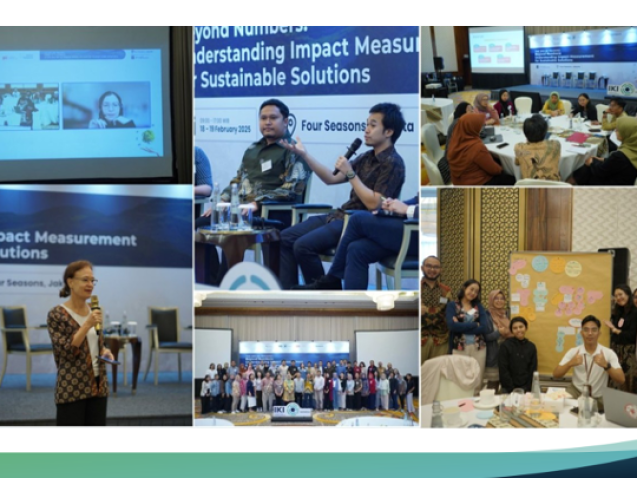IKI Hub Indonesia
The International Climate Initiative (IKI) is an important part of the German government’s international climate finance commitment since 2008 that has been contributing to the protection of the climate and biodiversity by fulfilling its international obligations within the international community.
As part of the IKI’s priority countries, Indonesia hosts 48 IKI projects, comprising 28 projects in Mitigation, 2 project in Adaptation, 3 projects in Natural Carbon Sinks, and 15 projects in Biodiversity. (as of March 2025).
IKI Hub Indonesia
The International Climate Initiative (IKI) is an important part of the German government’s international climate finance commitment since 2008 that has been contributing to the protection of the climate and biodiversity by fulfilling its international obligations within the international community.
As part of the IKI’s priority countries, Indonesia hosts 48 IKI projects, comprising 28 projects in Mitigation, 2 project in Adaptation, 3 projects in Natural Carbon Sinks, and 15 projects in Biodiversity. (as of March 2025).
Ongoing IKI Projects in Indonesia
Geographical Mapping
IKI Projects
48
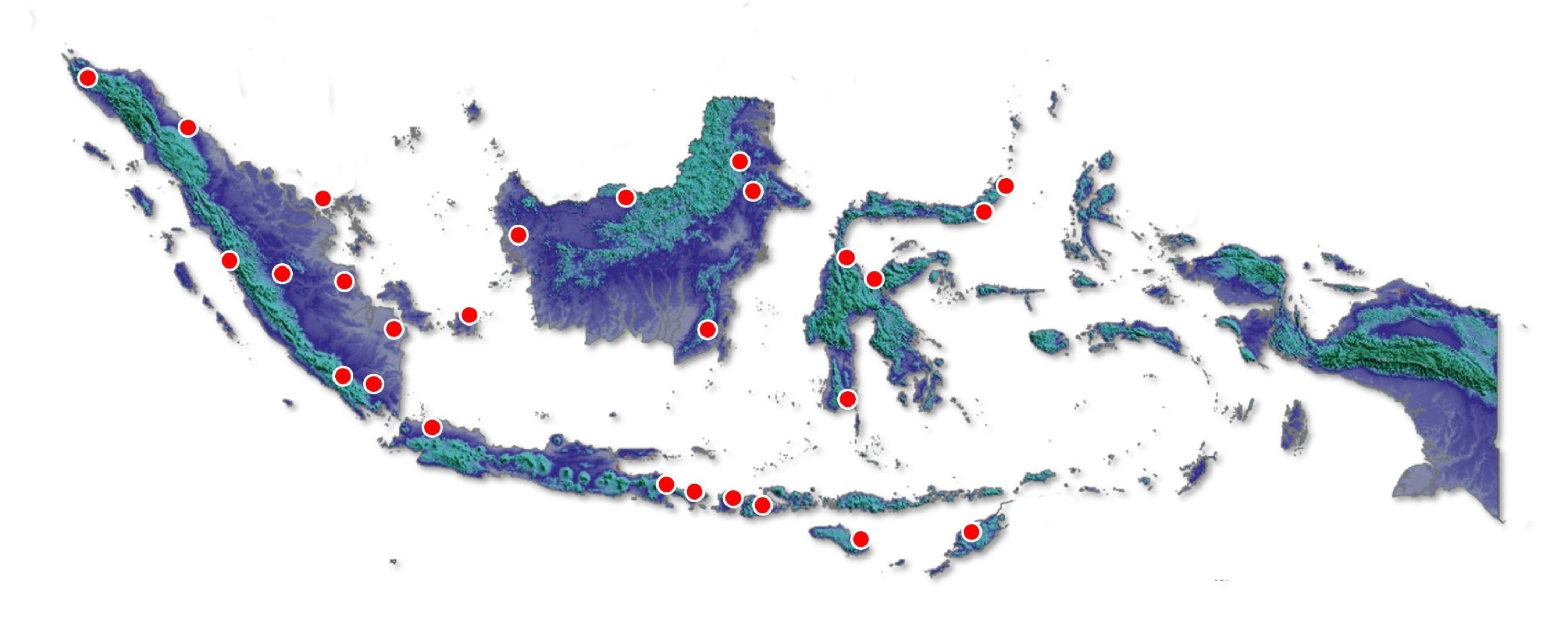
Update per March 2025

Mitigation
Mitigating greenhouse gas emissions: Setting the course for global climate neutrality by 2050.

Biodiversity
Conserving biological diversity: Implementing the Global Biodiversity Framework.

Adaptation
Adaptation to the impacts of climate change: Strengthening resilience, making use of interconnections with mitigation and biodiversity approaches.

Natural Carbon Sinks
Preserving and restoring carbon sinks: Combating the causes of global warming and the destruction of natural ecosystems.
Ongoing IKI Projects in Indonesia
Geographical Mapping
IKI Projects
48

Update per June 2025

Mitigation
Mitigating greenhouse gas emissions: Setting the course for global climate neutrality by 2050.

Biodiversity
Conserving biological diversity: Implementing the Global Biodiversity Framework.

Adaptation
Adaptation to the impacts of climate change: Strengthening resilience, making use of interconnections with mitigation and biodiversity approaches.

Natural Carbon Sinks
Preserving and restoring carbon sinks: Combating the causes of global warming and the destruction of natural ecosystems.
Ongoing IKI Projects in Indonesia
Geographical Mapping
IKI Projects
48

Update per June 2025
Mitigation
Mitigating greenhouse gas emissions: Setting the course for global climate neutrality by 2050.
Biodiversity
Conserving biological diversity: Implementing the Global Biodiversity Framework.
Adaptation
Adaptation to the impacts of climate change: Strengthening resilience, making use of interconnections with mitigation and biodiversity approaches.
Natural Carbon Sinks
Preserving and restoring carbon sinks: Combating the causes of global warming and the destruction of natural ecosystems.
What's New
Small Steps 22 Toward Greener Events: Tips from IKI Hub Indonesia
As IKI-financed projects, we organize a wide range of events—from small meetings with counterparts to large-scale workshops and forums.
As an organization committed to conservation and reducing greenhouse gas emissions, we believe that sustainability should not just be a vision, but a practice reflected in how we operate. Hosting environmentally responsible events is one way we can “walk the talk” and inspire others to do the same. There are some small but impactful steps you can take ranging from choosing sustainable venues, strategic location with public transport option, until digital event materials.
Green Banking Launch Event in Jakarta: 100 Scholarships for Green Banking & Climate Finance in Indonesia
RENAC launched the Green Banking – Capacity Building Programme in Jakarta, offering scholarships for specialized training in renewable energy and climate finance. The first Green Hydrogen training begins in June 2025.
Support Area : Mitigation
New Findings from the Saleh Bay Expedition: Eviota Samota
In October 2024, researchers from Konservasi Indonesia discovered a new dwarf goby species, Eviota samota, during an eight-day expedition in Saleh Bay. The survey recorded 570 species, highlighting the bay’s rich biodiversity. Eviota samota adds to the Indo-Pacific’s goby diversity, bringing the Eviota genus total to 134 species.
Support Area : Biodiversity
IKI News
Small Steps 22 Toward Greener Events: Tips from IKI Hub Indonesia
As IKI-financed projects, we organize a wide range of events—from small meetings with counterparts to large-scale workshops and forums.
As an organization committed to conservation and reducing greenhouse gas emissions, we believe that sustainability should not just be a vision, but a practice reflected in how we operate. Hosting environmentally responsible events is one way we can “walk the talk” and inspire others to do the same. There are some small but impactful steps you can take ranging from choosing sustainable venues, strategic location with public transport option, until digital event materials.
Small Steps Toward Greener Events: Tips from IKI Hub Indonesia
As IKI-financed projects, we organize a wide range of events—from small meetings with counterparts to large-scale workshops and forums.
As an organization committed to conservation and reducing greenhouse gas emissions, we believe that sustainability should not just be a vision, but a practice reflected in how we operate. Hosting environmentally responsible events is one way we can “walk the talk” and inspire others to do the same. There are some small but impactful steps you can take ranging from choosing sustainable venues, strategic location with public transport option, until digital event materials.
The 3rd IKI Indonesia training: Beyond Numbers – Understanding Impact Measurement for Sustainable Solutions
To strengthen impact measurement within IKI projects, IKI Hub Indonesia, in collaboration with harapura impact, hosted the 3rd IKI Training: Beyond Numbers – Understanding Impact Measurement for Sustainable Solutions on February 18–19, 2025, in Jakarta. This training empowered participants to move beyond output-based reporting and adopt impact-driven evaluation frameworks—ensuring that climate initiatives lead to real, measurable change.
